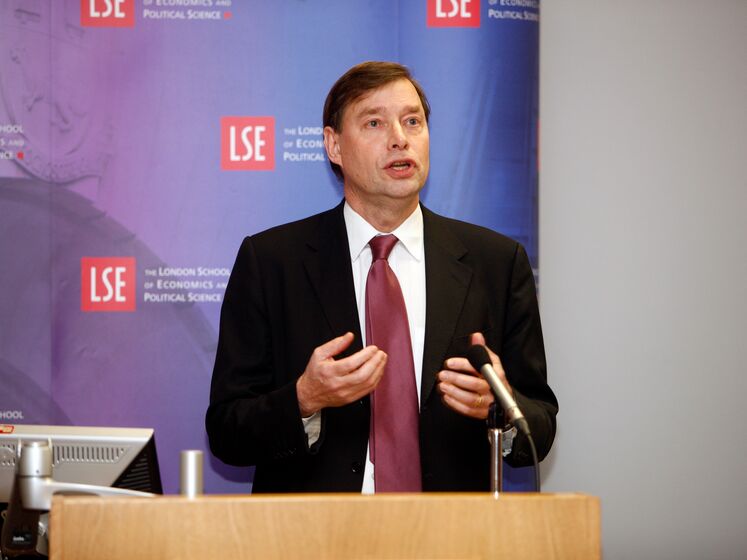 The late Professor Sir John Hills CBE Nigel Stead LSE
The late Professor Sir John Hills CBE Nigel Stead LSE
In this month’s episode of the LSE iQ podcast, the late Professor Sir John Hills tackles the myth that the welfare state supports a feckless underclass who cost society huge amounts of money. Instead, he sets out a system where most of what we pay in, comes back to us. He describes a generational contract which we all benefit from, varying on our stage of life.
A social policy giant, John’s words remain timely after a year of pandemic which has devastated many people’s livelihoods. Many of us have had to rely on state support in ways that we could not have anticipated, perhaps challenging our ideas about what type of person receives benefits in the UK.
This episode is based on an interview that John did with LSE iQ producer James Rattee for the LSE iQ podcast in 2017. It coincided with the LSE Festival which celebrated the anniversary of the publication of the ‘Beveridge Report’ in 1947 - a blueprint for a British universal care system by former LSE Director William Beveridge.
Professor Sir John Hills CBE died in December 2020 and this episode is dedicated to him. He was Richard Titmuss Professor of Social Policy at LSE and Chair of CASE. His influential work didn’t just critique government policy on poverty and inequality, it changed it. He advised on a wide range of issues including pensions reform, fuel poverty, council housing, income and wealth distribution.
Listen to this episode on the LSE player. Or search for LSE iQ on your favourite podcast app. We're also now available on Spotify and Audible.